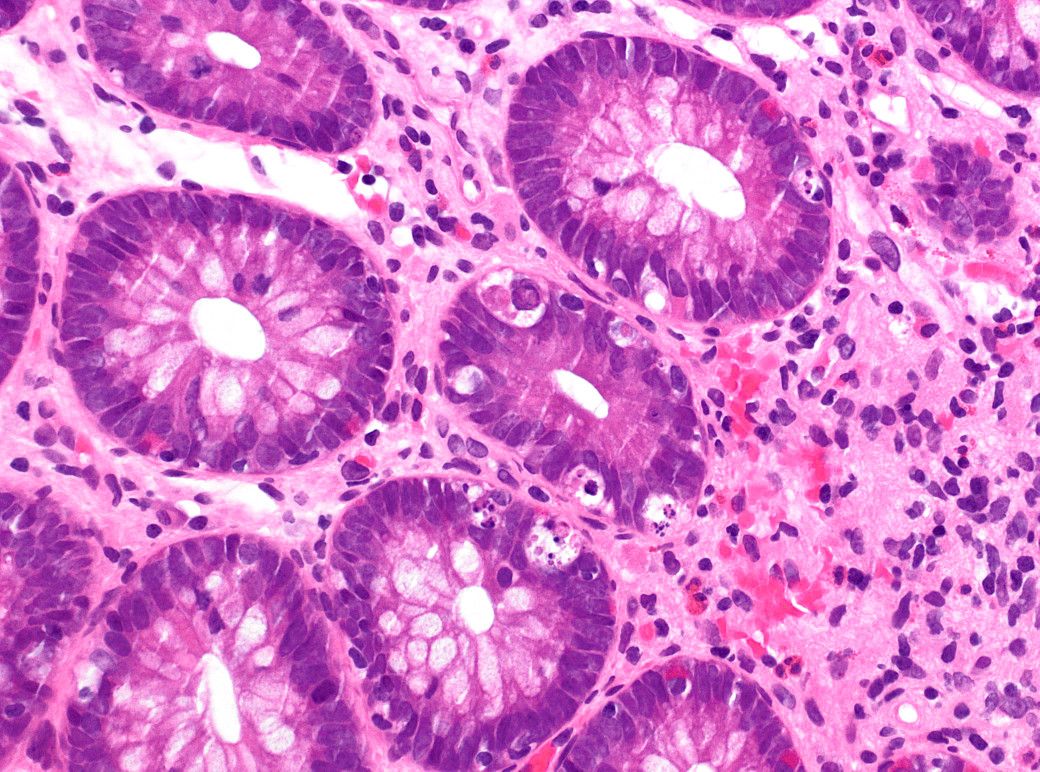NICE Shares Positive Opinion on Belumosudil for Chronic GVHD
Belumosudil is the first therapy within England and Wales available for the treatment of patients 12 years and older who have previously undergone a minimum of 2 lines of systemic treatment.
Belumosudil was approved by the FDA as a treatment for cGVHD in patients 12 years and older in July 2021. The agent’s new drug application was also supported by data from the phase 2 ROCKstar trial.

The National Institute for Health and Care Excellence (NICE) has published a positive final draft guidance for oral belumosudil (Rezurock) for the treatment of chronic graft-versus-host disease (cGVHD), according to a press release from Sanofi.1
It was reported by experts that the agent will be one of the first to receive interim funding via the Innovative Medicines Fund (IMF). This will result in delivery of a fast-tracked supply of belumosudil to appropriate patients within England before routine National Health Service (NHS) England reimbursement.
“Belumosudil is one of the very first therapies approved via NHS England’s IMF—a significant recognition of the value that belumosudil can offer to patients with cGVHD,” Jessamy Baird, country lead and head of general medicines, Sanofi UK & Ireland, said in the press release. “We know from our research just how burdensome cGVHD can be—robbing patients and [caregivers] of the life they hoped they were getting back after their stem cell transplant. We are proud to be able to provide another treatment option for these patients in Great Britain.”
The positive NICE opinion was based on data from the noncontrolled, randomized, open-label, multicenter phase 2 ROCKstar trial (NCT03640481), which included a total of 132 patients who had been diagnosed with cGVHD. A total of 75% of patients responded within 1 year of treatment, according to the study’s 12-month analysis.
Belumosudil was approved by the FDA as a treatment for cGVHD in patients 12 years and older in July 2021.2 The agent’s new drug application was also supported by data from the phase 2 ROCKstar trial.
“[Belumosudil] represents a new treatment paradigm for thousands of patients with cGVHD, including those with difficult-to-treat manifestations like fibrosis,” Corey Cutler, MD, MPH, FRCPC, associate professor of medicine at Harvard Medical School and medical director of the Adult Stem Cell Transplantation Program at the Dana-Farber Cancer Institute, said in a press release at the time of the United States approval. “[Belumosudil] has shown robust and durable responses across the spectrum of cGVHD and is safe and well tolerated, allowing patients to stay on therapy and achieve meaningful benefit from treatment.”
References
- NICE publishes positive final draft guidance for Sanofi’s innovative medicine Rezurock® (belumosudil) for patients with chronic graft-versus-host disease (cGVHD) that will receive immediate funding through the Innovative Medicines Fund (IMF). News release. Sanofi. December 21, 2023. Accessed December 21, 2023.
- U.S. FDA grants full approval of REZUROCK(TM) (belumosudil) for the treatment of patients with chronic graft-versus-host disease (cGVHD). News release. Kadmon Holdings, Inc. July 16, 2021. Accessed December 21, 2023. https://bit.ly/479Apu9
How Supportive Care Methods Can Improve Oncology Outcomes
Experts discussed supportive care and why it should be integrated into standard oncology care.
How Supportive Care Methods Can Improve Oncology Outcomes
Experts discussed supportive care and why it should be integrated into standard oncology care.
2 Commerce Drive
Cranbury, NJ 08512
All rights reserved.